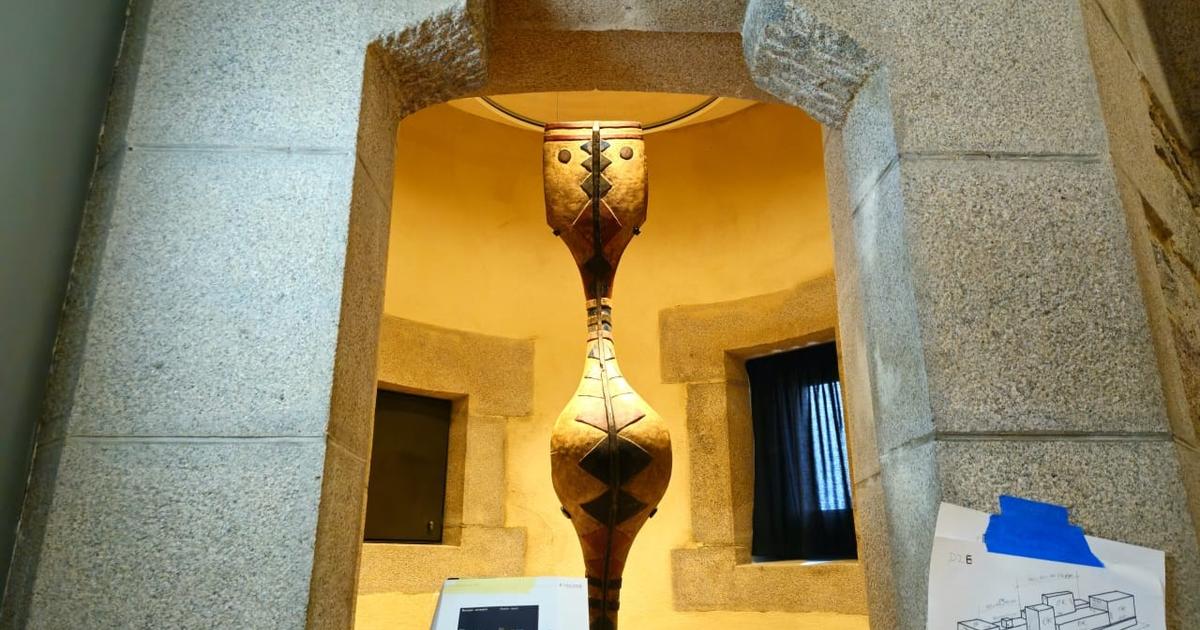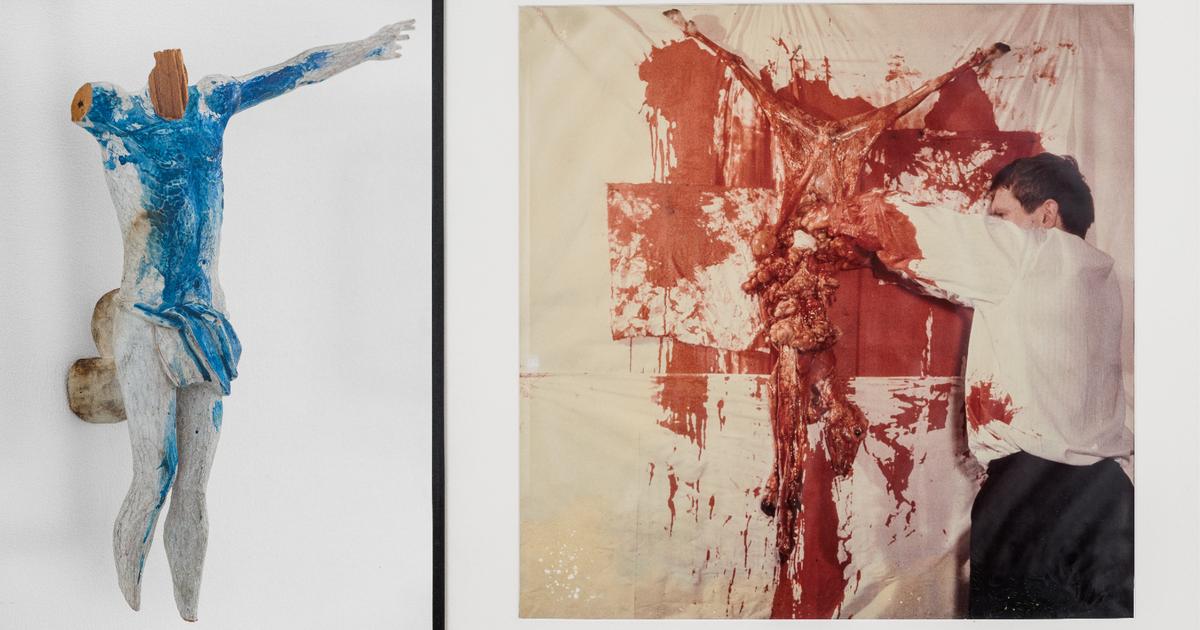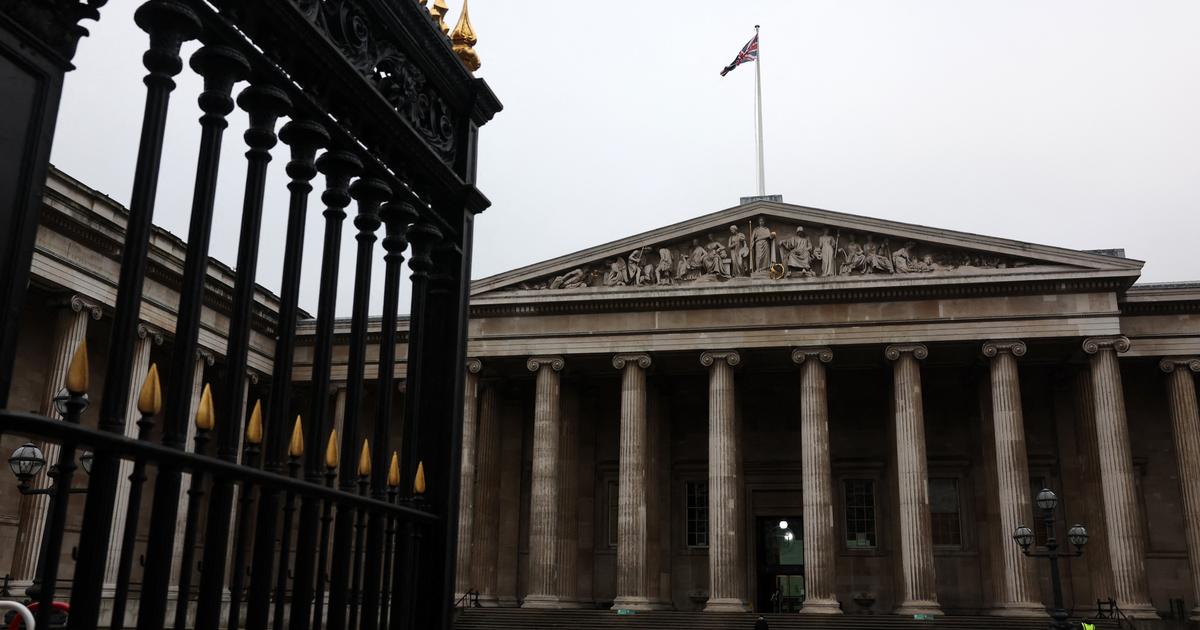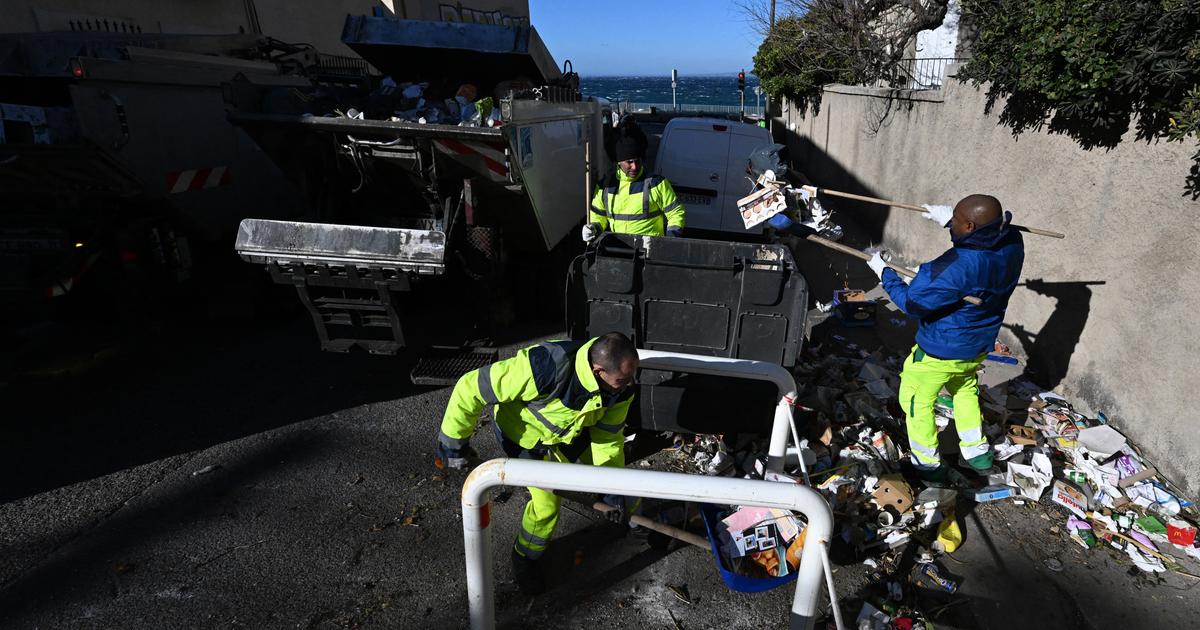For some time, in certain countries and museums, the decolonization of collections has been discussed.
It is about presenting and counting his pieces in another way.
And even to restore some cultural assets, as France has done by returning to Benin and Senegal, in a symbolic way, certain pieces housed in their museums.
The debate is reaching Spain, and recently the Ministry of Culture has created a working group to decolonize the collections.
It is foreseeable that there will soon be two plot lines, easily recognizable and that will overlap with those maintained by Hispanophiles and Hispanophobes, the supporters of the golden and black legends of the Spanish colonial past.
Both make the past a stage where they project their values and glorify or condemn their ancestors.
The same is reflected in their feats as embarrassed by them.
More than exploring and learning from the past, it seems that it is about organizing restorative therapies, self-esteem baths or secular penance sessions.
Should we feel proud or guilty of what our ancestors did?
Furthermore, who are our ancestors and who are theirs?
Can someone appropriate the indigenous past, homogenize all “indigenous peoples” and speak for them?
The questions do not stop: where does the repatriation end in the line of time?
What countries are we talking about?
Is the current Mexican republic the direct heir of the Aztecs?
Didn't the Aztecs and Incas subdue their neighboring peoples and appropriate some of their cultural forms as well?
Arrived at the paroxysm of the demand for restitution and cultural symmetry, shouldn't we ask in exchange for the repatriation of cathedrals or baroque altarpieces?
Thus, the Roman bridges, the Greek temples of Sicily and all cultural products not originating from the "autochthonous" peoples should be returned.
But what are the indigenous peoples in a species that has not stopped migrating, colonizing, crossing oceans and mixing with people from other places?
Collecting objects, appropriating them, conserving, studying and exhibiting them are cultural practices of all peoples.
The West, whose expansion has been remarkable in the last five centuries, has countless pieces in its museums created beyond its geographical limits.
Should they be returned?
Who points out what is legitimate cultural appropriation and what is improper?
Are museums full of looted pieces or have they been preserved thanks to museum activity?
Obviously, the casuistry is very varied.
Museum discourses, historical narratives and notions about heritage have varied over time.
It is not convenient to shy away from the debate, but to face it hand in hand with the experts and the public.
Among the many questions, there are two fundamental ones, both difficult to answer.
The first is who are we, that is, what is the collective subject that assists us to reclaim a past, an inheritance or an outrage and therefore entitles us to restitution?
I am afraid that the answer is not clear, that today's Spaniards are as much the heirs of the Inca Garcilaso as the Latin Americans of Cervantes and that in reality many of today's Spaniards and Latin Americans have much more in common with each other than with Cortés or Moctezuma.
The second question is what is legitimate cultural appropriation and what is not.
Renaissance humanism, for example, appropriated classical culture and the avant-garde appropriated African, Mesoamerican and Andean art.
Is it necessary to sit for this reason Lorenzo Valla or Picasso before the tribunal of the retrospective Holy Office?
Was Bernardino de Sahagún a Franciscan who stole indigenous knowledge?
What does constitute a way of stealing the past is indiscriminately appropriating it, turning it into a stage where we can project our values, our criteria, our blessings, and also our sanctions.
It is a frequent evil today to displace our opinions about what our ancestors did well or badly on the past.
We live in a hyperplasia of collective identities.
And a time perhaps too doctrinaire.
More than a stage for our ideas, the past sometimes seems like a pathetic showcase for ourselves.
There are those who proclaim their empire over the past and turn it into a colony subject to their whim.
It is paradoxical that some who denounced colonialism in the past colonize it so ruthlessly, subjecting it to the yoke of their own convictions and principles,
whose universality and timelessness they take for granted.
We live under the absolutist sovereignty of the present.
But the past is a strange country, as Hartley wrote in
The Messenger
: "Things are done differently there."
Decolonizing the past should perhaps begin by not wanting to understand it with our own language, by not wanting to judge or condemn it, and even less by not wanting to use it as a thrown weapon against those who think or thought differently.
Juan Pimentel
is a historian at the CSIC and author of
Ghosts of Spanish Science
(Marcial Pons).
Subscribe to continue reading
Read without limits
Keep reading
I'm already a subscriber

/cloudfront-eu-central-1.images.arcpublishing.com/prisa/MVNA4CKT6JAIDLBLSODZAVHLKM.jpg)













